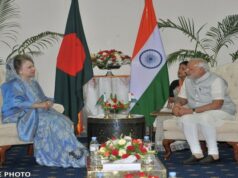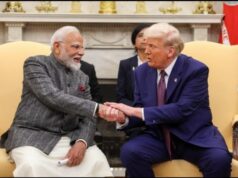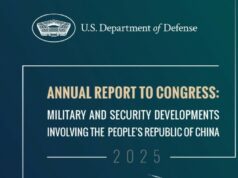NEW DELHI: What made UK Prime Minister Rishi Sunak appoint former PM David Cameron as the foreign secretary, despite the latter’s pro-China leanings? What does Cameron’s appointment mean for British foreign policy, and for India? In this episode of the Gist, veteran Anglo-Saxon journalist, broadcaster and author Tom Arms attempts to answer those questions and more. As an American settled in Britain, Arms eloquently mixes the in your face attitude of the former and the sardonic humour of the latter to demystify Cameron. According to Arms, while Sunak himself is fairly liked by the British electorate, some leaders of Conservative party that he leads has some members who have swung too far to the right and become unelectable. One of them is Suella Braverman, an Indian origin MP and former Home secretary whose extreme views on issues like immigration led to her being “sacked, fired, thrown out” by Sunak, and replaced by Foreign Secretary James Cleverly. And in order to get someone who was well-known, a bit less Conservative, “and someone I can get along with,” Sunak brought Cameron in as Foreign Secretary. But Cameron’s clear linkages with Beijing could become an issue. He is Vice Chairman of the UK-China fund, and British Intelligence put out a report saying there was evidence that his appointment was “engineered, manipulated” by the Chinese government. And when he was Prime Minister, he spoke of the “Golden Era” of Sino-British relations. But times have changed. Arms also points out that Cameron’s second call immediately after being appointed foreign secretary (the first was to US secretary of State Anthony Blinken) , was to India’s minister of external affairs, Dr S. Jaishankar. To understand what that means for ties with India, as well as several other interesting insights into Cameron’s life and career, watch the full interview




